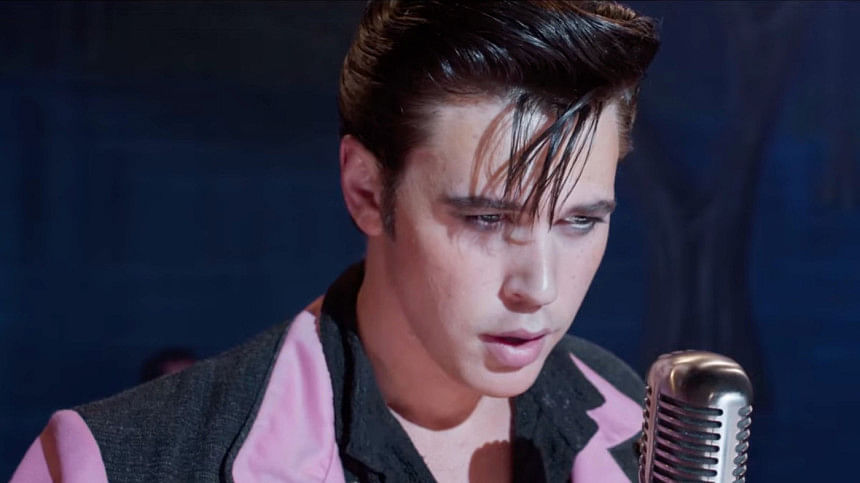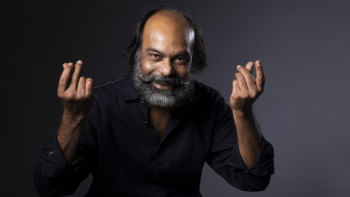‘Elvis’: A half-baked love letter to the king of rock and roll

There may be countless Elvis impersonators in the world, but no one can slide into the role of the 'King' quite as easily as Austin Butler.
The actor channelled his character so well, that his performance was mesmerising, even going so far as to provide vocals for some of the songs in the film. I feel that it was a wise decision to cast someone who is not wildly popular. From capturing Presley's slicked-back hair and flamboyant outfits, to his smouldering gaze and body language, Butler put forth the performance of a lifetime in the movie.
Baz Luhrmann intended to revisit the highs, lows, flaws and double-edged fame of Presley's life in this biopic. However, those stories are swiftly eclipsed by Presley's infamously underhanded manager, Colonel Tom Parker.
One of the most cliché stories in the showbiz industry, is a power-hungry manager exploiting young talented artistes. Elvis Presley's career was no stranger to this phenomenon.
In real life, Parker seized 50 percent of Presley's earnings. Similarly, in the biopic, he stole the limelight for at least half the movie with his scowls and oppressive voice-overs. Even though Parker's role is played by the beloved Tom Hanks, the actor could not hold the audience's attention on screen as much as he usually does and honestly, his character at times felt irrelevant to the story.
It's almost as though Luhrmann did not have enough trust on Butler to carry the whole film on his shoulders, so he chose to centre the story around Tom Hanks instead.
The film covers multiple aspects of Presley's life—his early introduction to African-American blues and gospel music, his meteoric rise as a rock and roll legend, the tragic death of his mother, the fuss surrounding his sexuality, his renowned 1968 TV special, and his drug addiction—at a neck-breaking pace.
A biopic is supposed to lead the audience to better appreciate the titular character. However, "Elvis" does little to carve out the human behind all that glitz and glamour.
Luhrmann and his co-writers do not fully address the suspicious legacy Elvis cultivated out of a genre deep-rooted in black-culture. He managed to purloin the melodies and moves of black artistes he followed in his youth, and with the help of Parker, he was able to repackage it for a white audience.
With "Moulin Rouge" and "The Great Gatsby" under his belt, it is no surprise that Luhrmann nailed the visuals of "Elvis." Like "Bridgerton", Luhrmann used modern covers of Presley hits by the likes of Doja Cat, Kacey Musgraves and Jack White in the movie.
The director was able to highlight the sensational musical numbers, while using archived footage and brilliant camerawork to recapture the lightning and ambience of Presley's shows back in the day.
While the movie encapsulates the emotions and ethos of that era, it does not do justice to the iconography of the king of rock and roll.

 For all latest news, follow The Daily Star's Google News channel.
For all latest news, follow The Daily Star's Google News channel. 






Comments